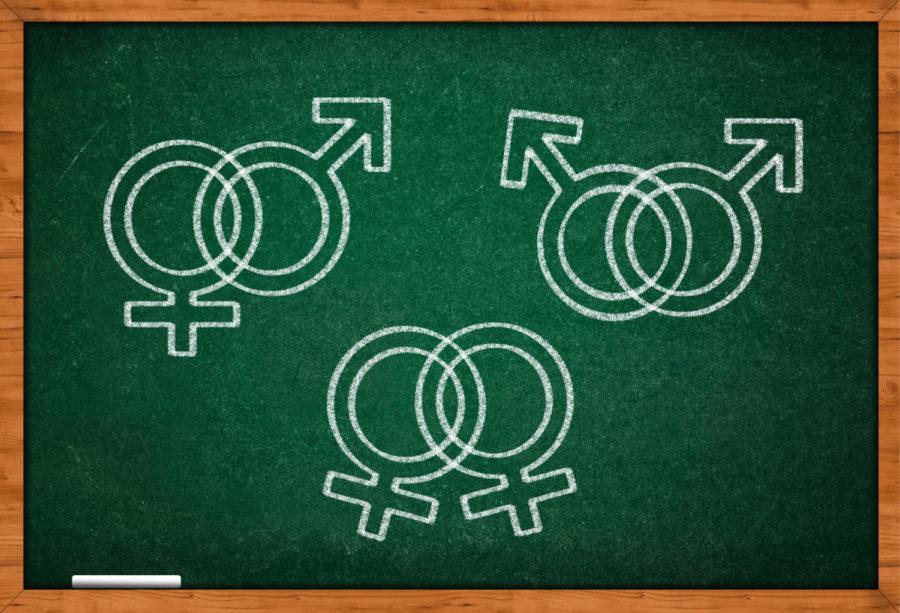The Talk: LGBTQIA+ perspective often absent from sex education
sex ed
April 25, 2019
Editor’s note: this is part nine in a weekly series going into topic regarding sex and culture. Sensitive content may follow.
Sex education is taught in various ways, from a specific to comprehensive based approach. Some students have recalled that their sex education has been focused on pregnancy and/or sexually transmitted disease (STD) prevention. Some Iowa State students that have been interviewed say their experiences are typically focused around heterosexual sex.
“I think that more should be taught than just abstinence” said Kiana Campbell, a sophomore in psychology. “I believe that we should be teaching more than what normal [heterosexual] sex is, […] there are things that they don’t talk about like different types of sex and like the LGBT community that doesn’t really come up in sex ed.”
Campbell said sex education should be taught enough to students for them to understand what sex means and that it should go beyond abstinence.
Paul Hengesteg, a graduate student in education, also said sex education should be taught more in depth. Hengesteg said he would like a comprehensive sex education that includes effective methods of birth control, medical options for safety and LGBTQIA+ inclusive education.
“There needs to be an understanding that yes one man and one woman can have sex, but two men can have sex, two women can have sex, more than two people can have sex, that intersex people and transgender people might want to have sex, that all of that is positive and wonderful and terrific and there are people who are not interested in sex,” Hengesteg said.
Hengesteg also said that ending the stigma about sex education should be discussed more.
“We’re very quick to judge people on anything we can, and what’s the value in that?,” Hengesteg said.
Consent also comes up in the conversation regarding sex education, and not only with agreeing to sex, but agreeing to different types of sexual preferences. Kate Padgett-Walsh, a professor in the department of philosophy and religious studies with a focus on ethics, said sex education should also focus on pleasure as well as the clinical side.
Padgett-Walsh said the access to pornography could impact the way pleasure is interpreted. She talked about a philosopher, Peggy Orenstein, who has done research about pornography that is focused on dominant male pleasure.
“It needs to be focused on what is sexual pleasure, what are the different kinds of sex, things a lot of parents maybe don’t want, I know it’s controversial,” Padgett-Walsh said, explaining and agreeing with Orenstein’s philosophy.
Sia Turner, a senior in child, adult and family services, said a continuous comprehensive sex program would be the most helpful for students. Turner said students would learn more if the conversation about sex education continued throughout k-12 schooling.
“It can’t be one conversation,” Turner said. “I keep talking about ‘The Talk’ it can never be ‘The Talk.’ […] It has to sort of be casual conversation.”
Turner said sex education is more than a physical aspect, it can also be emotional as well, and it must be something everyone should talk about. Turner said it needs to be a conversation outside the health classroom.
“I don’t think sex ed is a health conversation only, it’s the everything conversation, it’s all of it,” Turner said.
















